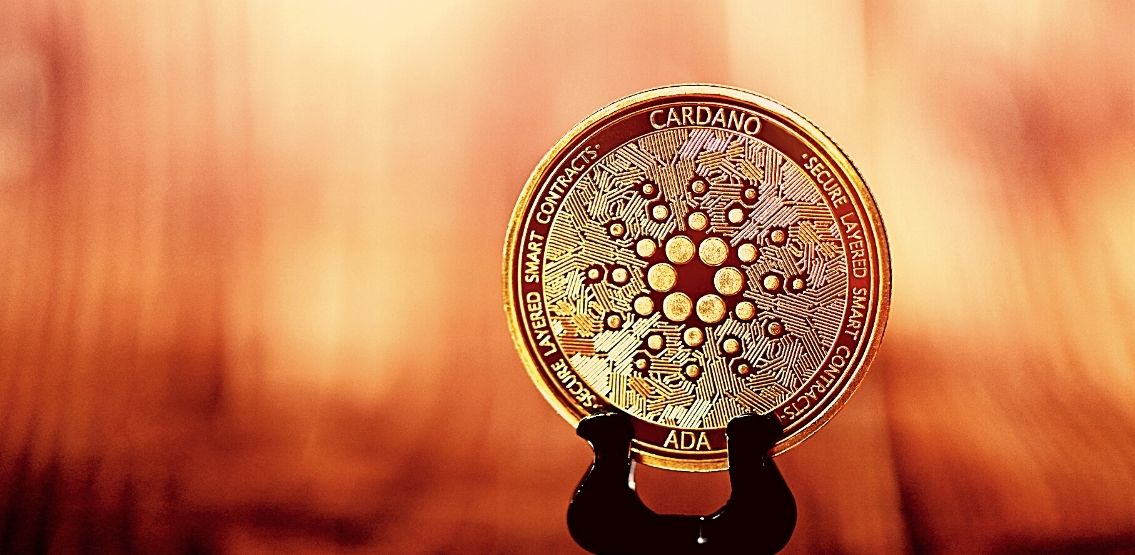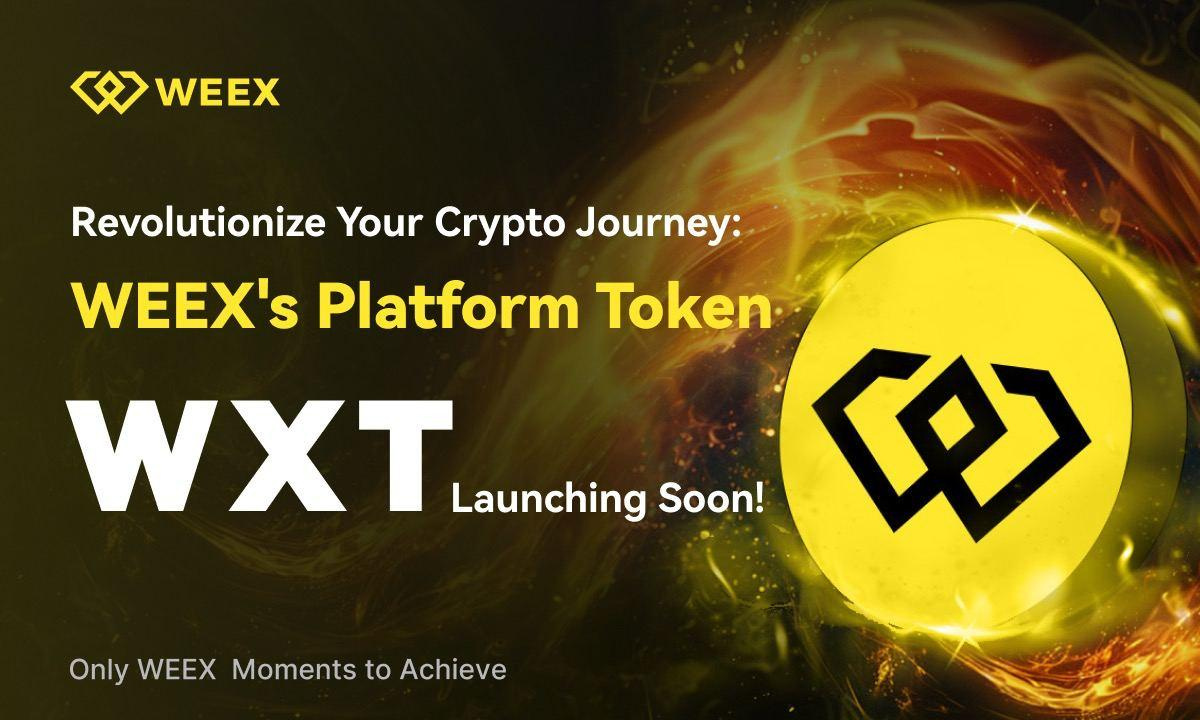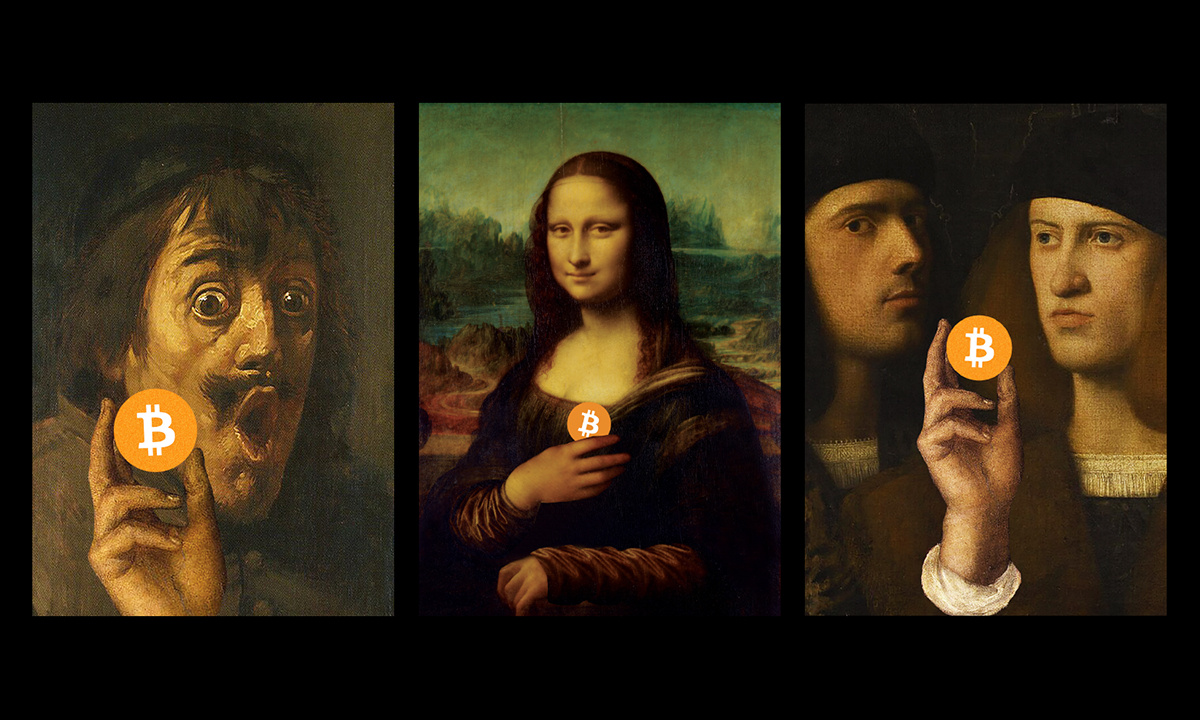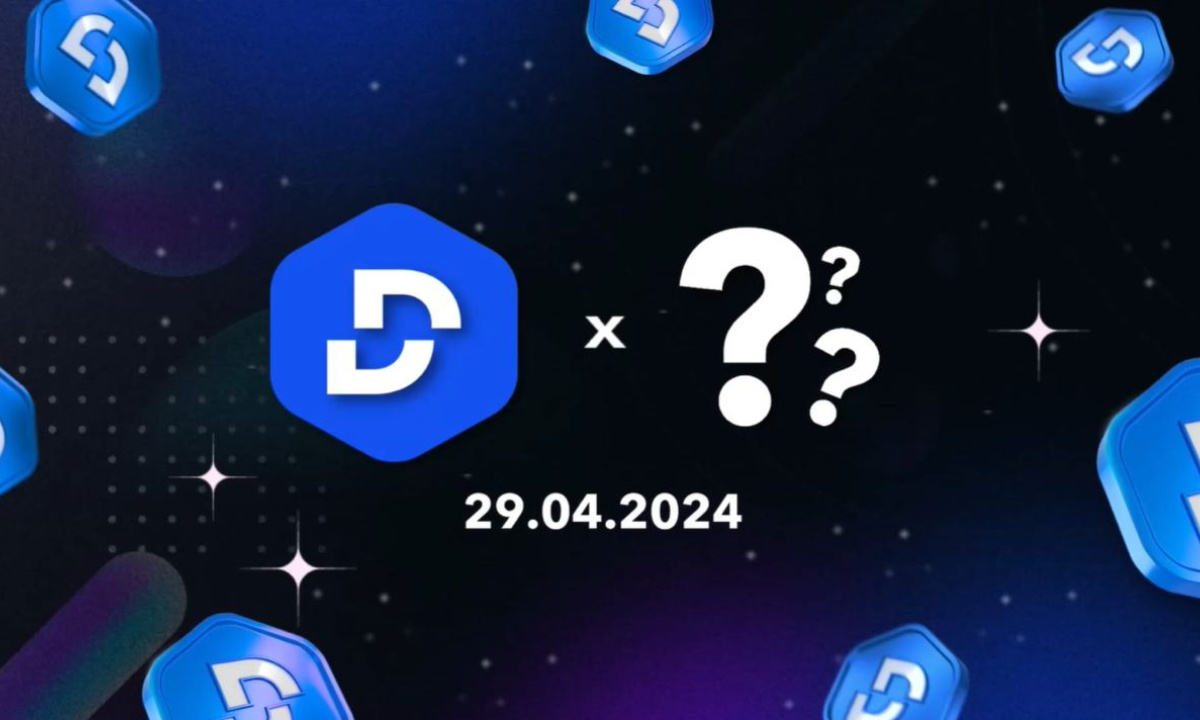Table of Contents
- Developer Talks Vasil HFK Event
- Plutus Programming Slowing Down Throughput
- CIPs Improving Throughput, Decentralization
- Founder Talks Hardfork Updates
Cardano (ADA) developer and researcher discussed the details of the Vasil Hardfork and all the major milestones that the network is set to achieve.
Developer Talks Vasil HFK Event
The developer, who goes by the Twitter handle @Soorajksaju2 covered all the major talking points in a series of tweets, focusing on the release of the Vasil hardfork, which is scheduled for 29 June 2022. He indicated that the Cardano Improvement Proposals (CIPs), included in the Vasil hardfork, were the most anticipated elements in the hardfork event. He talks about the Plutus scripts, which is a smart contract platform on the Cardano blockchain, enabling functions like NFTs, dApps, native assets, and on-chain conditional logic.
Plutus Programming Slowing Down Throughput
He also does a deep dive into how the Plutus contracts are programmed and explains how the contracts, initially written in the programming language Haskell, are converted, step-by-step, into binary code that is understandable by the computer. He sums up the whole process and explains that once the code generates the transaction on-chain, a DEX or DeFi user can interact with the Plutus script by signing the transaction with their private key. The transaction is then submitted onto the chain and executed by the ledger API.
Notably, he comments,
“The Plutus scripts don't get submitted on-chain until you're interacting with them. So every single time when you want to use a dApp you have to include the whole script as part of the transaction.”
CIPs Improving Throughput, Decentralization
He also points out that this will make the transactions bigger, resulting in higher fees and decreased throughput, which the CIP 33 is aiming to improve by enabling a smaller address for users that can be included in the transaction itself.
He explains how both CIP 32 and CIP 31 would continue improving the Plutus scripts. The CIP 31 upgrade will allow looking at an output without spending it and recreating it, allowing multiple dApps to read from the same data simultaneously. This addresses the “one transaction per block” issue that is often criticized about Cardano. Finally, the CIP 32 upgrade will allow users to store data on the chain, thus moving towards a truly decentralized architecture.
Furthermore, he also talks about the CIP 40 upgrade, which will introduce collateral outputs. The upgrade will ensure that bad implementations do not result in loss of collateral funds.
Founder Talks Hardfork Updates
A few days back, Cardano founder Charles Hoskinson had also announced some updates regarding the Vasil Hardfork. Hoskinson previously explained that this new hard fork would introduce several scaling improvements that include “pipelining, new Plutus CIPs, UTXO on-disk storage, and Hydra.” He also clarified,
“In combination with parameter adjustments, these features will enhance Cardano’s throughput and optimize the system to accommodate an increasing range of decentralized finance (DeFi) apps, smart contracts, and DEXs.”
Disclaimer: This article is provided for informational purposes only. It is not offered or intended to be used as legal, tax, investment, financial, or other advice.
Investment Disclaimer












